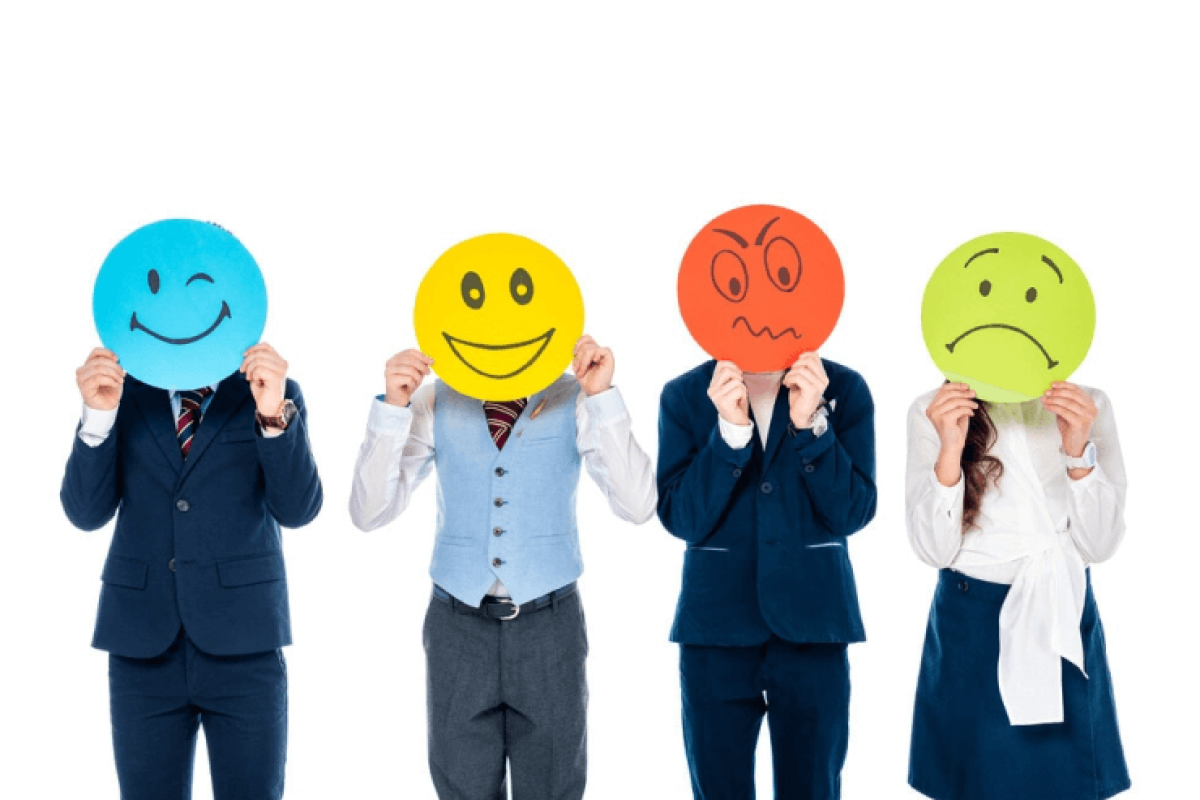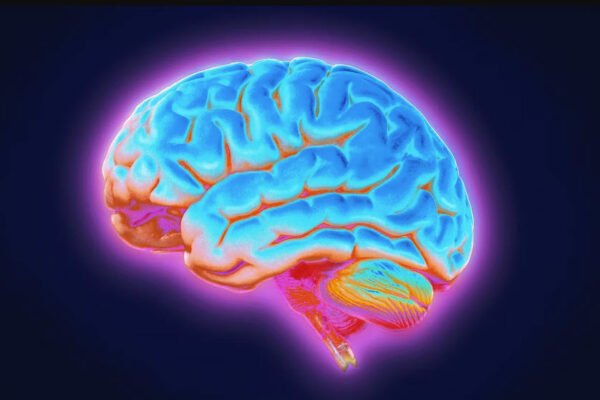Emotional regulation is something we can spend a lifetime developing. From childhood and adolescence into adulthood, people improve their ability to manage emotions and impulses.
Feeling our emotions is a normal part of life. But learning how to process emotions and respond appropriately is essential to our physical and mental well-being. When our brains fail to properly regulate our emotions, it can cause negative feelings that have drastic repercussions, such as damaging personal relationships or impacting our professional lives.
Emotional regulation enables people to manage their emotions responses and adapt to the world around them. Emotional regulation can help people approach scary situations or manage their emotions after traumatic events.
The Importance of Emotional Regulation
Adults are expected to control their emotions and act appropriately. If our emotions overwhelm us, they can create issues beyond our physical and mental health.
Unfortunately, we live in a stressful world that can make it hard to keep our emotions in check. Our attitudes toward negative feelings or a lack of emotional regulation techniques can make it difficult to regulate our emotions.
The consequences of emotional volatility can have a detrimental effect on our relationships with family, friends, and ourselves. The inability to manage our anger can lead to us saying hurtful comments, causing our loved ones to distance themselves from us.
While the social impacts can compound into other mental health issues, a lack of emotional regulation can lead to physical issues as well. Mental and physical health go hand in hand; when one benefits, so do the other. Researchers found that having positive psychological well-being can reduce the risks of heart attacks and strokes.
Although everyone has different levels of success with emotional regulation, emotional regulation-focused therapies, and techniques can help anyone handle the struggles of daily life. Emotional regulation-focused therapies can provide a way for people to manage their feelings during any type of emotional event, from facing lifelong fears to managing anger to mourning the loss of a loved one.
How Emotional Regulation-Focused Therapies Work
Emotional regulation therapies is a set of tools and strategies to help anyone manage their emotional and physical reactions to stressful events. Examples such as EMDR and Neurofeedback have been proven to help adults with anxiety, depression, PTSD, and other mental health issues regulate their emotions and improve their quality of life.
These strategies encourage people to focus on awareness of emotions and recognise how their brain and mood change with various triggers.
Emotions are perceived as originating from within and can represent conflicting motivations. Through emotional regulation we can decrease emotional avoidance and improve our tolerance towards destructive mental health conditions, such as depression, anxiety, and stress.
According to experts, individuals with persistent anxiety and depression tend to excessively worry, overthink, and seek validation from others as a means to avoid negative emotions and enhance their sense of security. These individuals may find that their desire for safety and the potential reward of risky behaviour creates a sense of inner conflict, leading to further mental anguish.
At times, it can be difficult to distance oneself from worry or self-judgment. Through emotional regulation focused therapies, individuals are encouraged to create a healthy separation from their negative and overly critical inner voice.
From company executives to elite athletes and everyone in between, emotional regulation can help people manage their emotions, overcome stressful situations, and improve their quality of life.
Where to Find Emotional Regulation Treatments
People who want to enhance their ability to manage their emotions and improve their quality of life may seek out emotional regulation treatments. In the past, people could only access emotional regulation treatment by working with a trained therapist, which is often costly and time-consuming.
However, with advancements in mental health technology, there are now mobile apps and that can provide emotional regulation therapy and coaching. These services are making it easier for people to incorporate life-changing techniques into their lives, regardless of their availability or accessibility.




